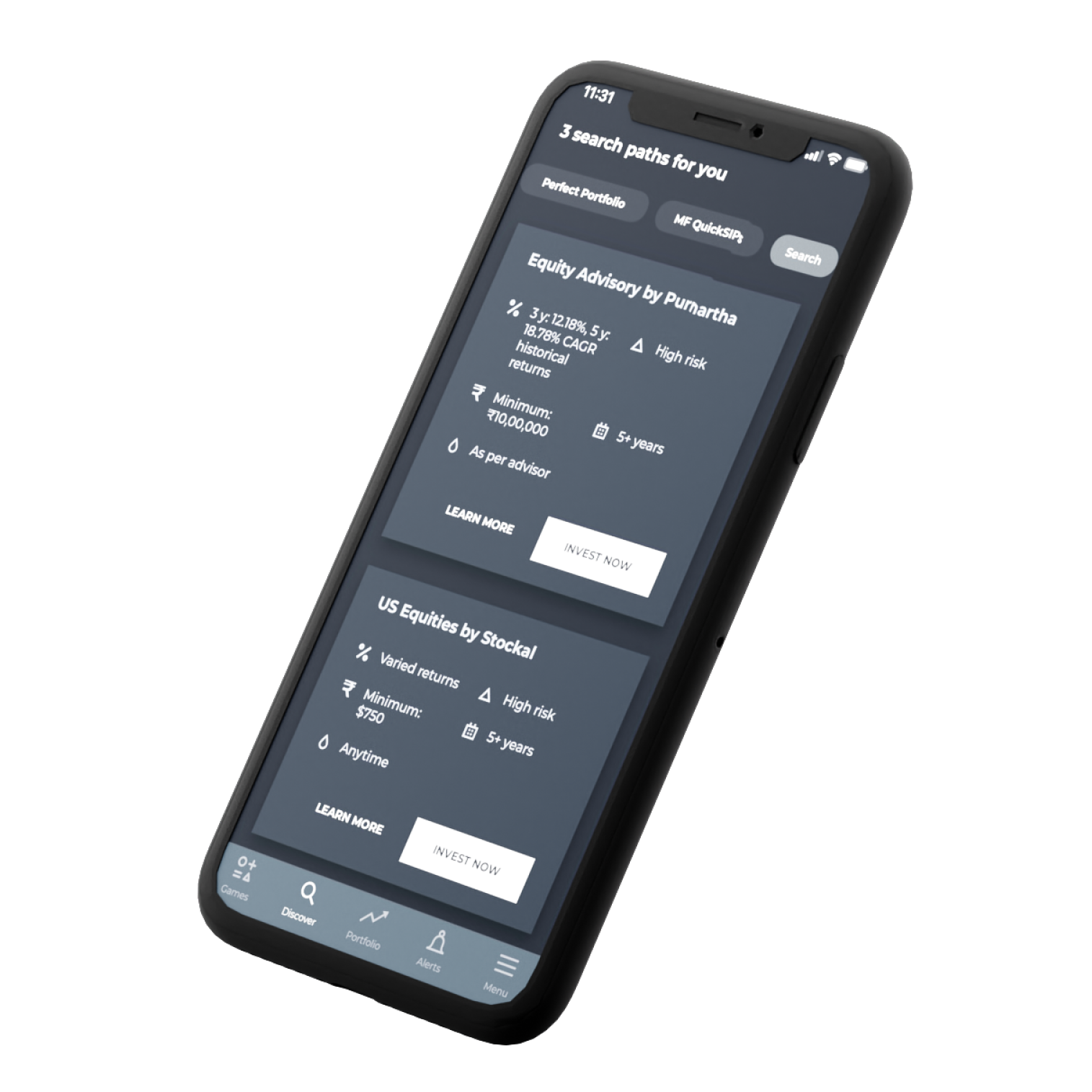

Building wealth is a common aspiration for many individuals, but the path to financial success can often seem complex and overwhelming. However, there is a straightforward formula that can guide you on your journey to financial prosperity: ARC, which stands for "Automate, Reduce, and Compound." By following these three principles, you can create a solid foundation for accumulating wealth over time. In this blog, we will delve into each component of the ARC formula and explore how it can help you achieve your financial goals.
The first step in the ARC formula is to automate your finances. This means setting up automatic transfers and payments that allow you to save and invest consistently without having to think about it. Here are some key aspects of automation:
a. Pay Yourself First: Before you pay any bills or expenses, allocate a portion of your income to savings and investments. Set up automatic transfers to your savings and investment accounts as soon as you receive your paycheck. This ensures that you prioritize your financial future.
b. Emergency Fund: Create an emergency fund that covers at least three to six months' worth of living expenses. Automate contributions to this fund to ensure you are prepared for unexpected financial challenges.
c. Retirement Savings: Contribute regularly to your retirement accounts, such as a 401(k) or IRA. Take advantage of employer matching contributions if available. Automating these contributions ensures that you are building a secure retirement nest egg.
The second component of the ARC formula is to reduce unnecessary expenses. Cutting down on discretionary spending allows you to free up more money for saving and investing. Here's how you can achieve this:
a. Budgeting: Create a detailed budget that tracks your income and expenses. Identify areas where you can cut back without sacrificing your quality of life.
b. Prioritize Needs Over Wants: Distinguish between essential expenses (needs) and non-essential ones (wants). Focus on satisfying your needs first and allocate any remaining funds to your wants.
c. Debt Management: Pay off high-interest debts as quickly as possible. Reducing interest payments will free up more money for savings and investments.
The final element of the ARC formula is to harness the power of compounding. Compound interest allows your money to grow exponentially over time. Here's how to leverage it:
a. Investment Portfolio: Allocate your savings to a diversified portfolio of investments, such as stocks, bonds, and real estate. Over time, the returns generated from these investments will compound, leading to substantial wealth growth.
b. Long-Term Perspective: Be patient and maintain a long-term perspective when it comes to your investments. Avoid the temptation to chase short-term gains and stay committed to your chosen investment strategy.
c. Reinvest Dividends and Interest: Reinvest any dividends, interest, or capital gains you earn from your investments. This allows your wealth to grow even faster.
Ans. Automation is crucial because it ensures that you consistently save and invest money without relying on willpower alone. When you automate your finances, you make saving a priority, and you're less likely to spend the money before you save it. This consistency is essential for long-term wealth accumulation.
Ans. Distinguishing between needs and wants can be challenging, but it's essential for effective budgeting. Needs typically include basic necessities like housing, utilities, groceries, and transportation. Wants, on the other hand, are discretionary expenses like dining out, entertainment, and luxury purchases. To differentiate them, ask yourself if the expense is essential for your basic well-being and survival. If not, it's likely a want.
Ans. Compound interest is the interest earned on both the initial principal amount and any accumulated interest on an investment. It's powerful because it allows your money to grow exponentially over time. As your investments generate returns, those returns are reinvested, leading to even more significant returns in subsequent periods. Over the long term, this compounding effect can significantly boost your wealth.
Ans. If you're new to investing, it's a good idea to start by educating yourself about different investment options, risk tolerance, and your financial goals. Consider consulting with Cube Wealth Coach or use Cube Wealth applications that offer guidance for beginners. Start with low-cost, diversified investments, such as index funds or exchange-traded funds (ETFs), to minimize risk while building your investment portfolio gradually.
Ans. There's no one-size-fits-all answer to this question, as the ideal allocation depends on your financial goals, income, and expenses. However, a common rule of thumb is the 50/30/20 rule, where 50% of your income covers needs, 30% covers wants, and 20% goes toward savings and debt repayment. Adjust this ratio based on your specific circumstances, but aim to allocate a significant portion of your income to savings and investments to accelerate wealth building. You can also download the Cube Wealth application for allocating funds for savings and get a strategic savings plan.
ARC, the simple formula of Automate, Reduce, and Compound, provides a clear path to building wealth over time. By automating your finances, reducing unnecessary expenses, and harnessing the power of compounding, you can make steady progress toward your financial goals. Remember that building wealth is a consistent process so it is recommended to predetermine your financial goals and start investing strategically. You can consult Cube Wealth Coach or you can also download Cube Wealth application for automated savings solutions and get expert advice related to investing.
Other Blogs You May Like:






on stock picking, poring over excel sheets, financial news, analyzing market trends, tracking the Sensex, researching company fundamentals, comparing mutual funds, reading financial reports, trying to predict the future & losing your sanity!